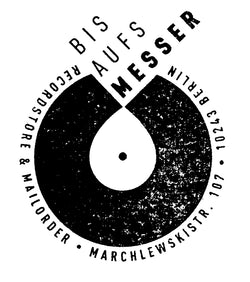Recorded at Deccas' London studios and originally released on their Afrodisia imprint in 1979, it was produced by Fela's Odion Iruoje and featured BLO's Laolu Akins on drums and Lemmy Jackson on keys. Sadly, it came to be the last the world heard from the twins for many, many years. “Their final album, “Horizon Unlimited”, was the culmination of their fusion of local and international grooves with urgent social commentary and romantic tidings”, Jon Parales wrote In his obituary for Kehinde Lijadu for The New York Times in 2019.
In a review for All Music, Fred Thomas writes “The six tracks on Horizon Unlimited all begin with talking drum, and meld intricate traditional percussion with fluid funk basslines and far-out synthesizer tones, with Taiwo and Kehinde Lijadu's glimmering harmonies dead center. Kicking off with the slow-burning afro-beat of political critique "Orere-Elejigbo", the album's production is precise without ever becoming sterile, and deceptively minimal. Incredibly subtle touches of dub echo, slithering guitar lines and ever-shifting polyrhythmic percussion never rise up enough to call attention to themselves, but rather gel into one impenetrable groove after another. Hypnotic numbers like "Erora" sit next to more rock-influenced and upbeat jams like the incredibly sunshiny "Come On Home", each gliding along in a densely repetitive way that never becomes droning.”
He continues: “the Lijadu Sisters’ unique perspective on what pop music was is a large part of what makes Horizon Unlimited and all of their records such fun, refreshing affairs. Completely unassuming and direct, the sisters are unafraid to lay down simple melodies or child-like love songs besides politically charged sentiments. The same "why not?" kind of feeling applies to their grooves."

